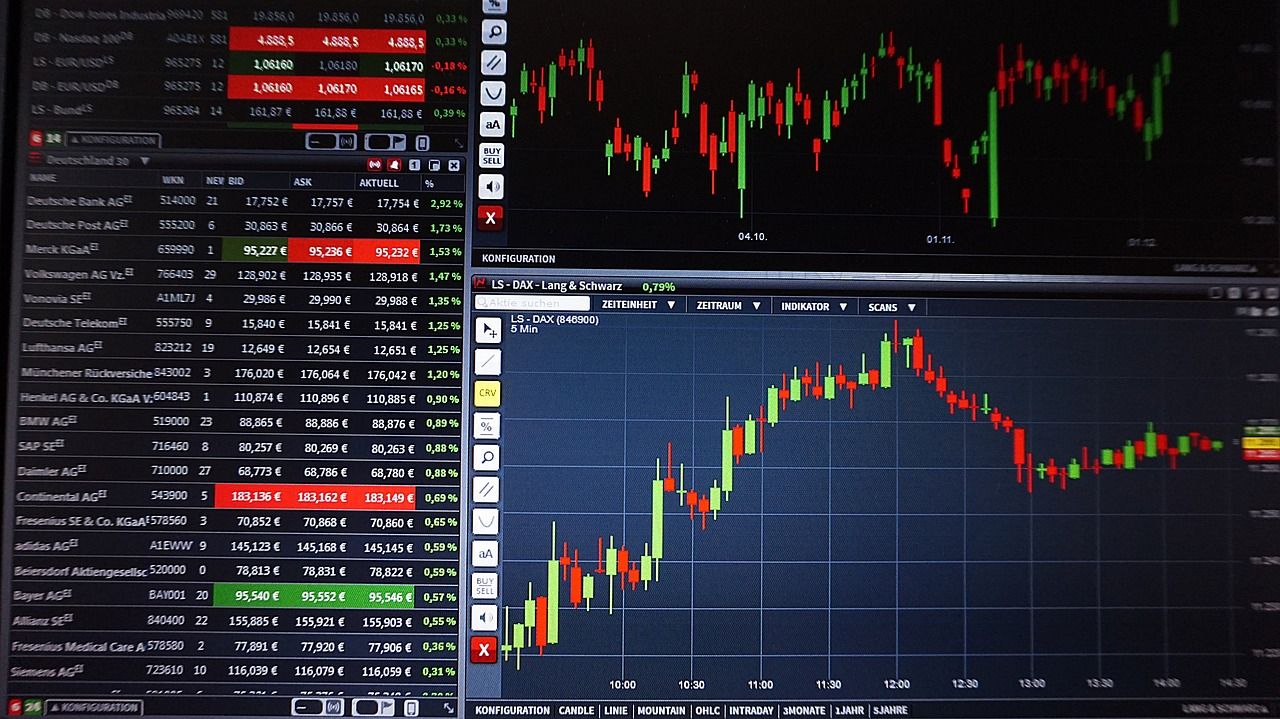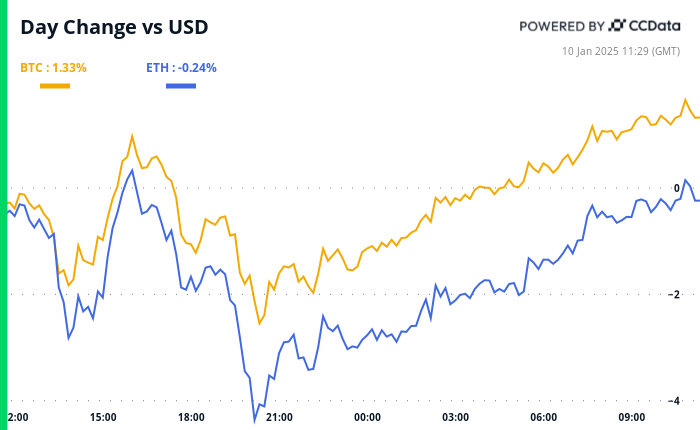- The new EU AML/CFT framework has been greatly misunderstood in the crypto sector; some report that it outlaws anonymous crypto transactions through self-custody wallets.
- Crypto lawyer Patrick Hansen explains that it exempts providers of self-hosted wallets like MetaMask and only restricts exchanges and brokers from serving anonymous accounts.
The European Union is stepping up its anti-money laundering game, and with its most recent initiative, it’s cracking down on anonymous payments. This new framework also extends to crypto, but rather than offer clarity, it has created great confusion on who is affected and who isn’t.
The framework was approved late last week by the European Parliament, with a majority of the lawmakers voting to back it. Patrick Breyer, a member of the regional legislative body representing Germany’s Pirate Party, was one of two who voted against it.
🇩🇪 Von EU-Ausschuss beschlossen:
🚫Verbot von Barzahlungen über 10.000 €
🆔Verbot anonymer Barzahlungen über 3.000 €
₿ Verbot anonymer Kryptozahlungen an hosted wallets selbst bei KleinstbeträgenDas bedeutet Krieg gegen das Bargeld und schleichende finanzielle Entmündigung –… pic.twitter.com/mI7AlDslqY
— Patrick Breyer #JoinMastodon (@echo_pbreyer) March 21, 2024
The framework has created confusion, with some reporting that it had banned anonymous crypto wallets in the region. However, according to Patrick Hansen, a crypto lawyer who serves as Circle’s director of policy in Europe, the reports are greatly exaggerated.
1/ Yesterday was a prime example of why crypto Twitter (and often crypto media) should not be trusted when it comes to crypto policy. Let’s debunk claims that the EU is banning anonymous crypto transactions or self-custodial wallets.
Here is what’s actually in the EU Anti Money… pic.twitter.com/dsNZQzl9Mx
— Patrick Hansen (@paddi_hansen) March 24, 2024
Hansen noted that the new framework is an update to existing regulations and won’t change much of the industry’s current operations. For starters, it will not affect companies that offer self-custody wallets and don’t access users’ tokens, such as Ledger and Metamask.
The framework will affect exchanges and brokers regulated under MiCA, the crypto framework that Crypto News Flash has reported on previously. They must adhere to customer due diligence and other KYC requirements, which is nothing new in Europe.
Does the EU Ban Anonymous Crypto Payments?
The first misunderstanding was about anonymity. Some reported that the EU had banned anonymous crypto payments. However, according to Hansen, it applies to anonymous users.
The AMLR (Art. 58) now explicitly prohibits CASPs from providing anonymous accounts, meaning a custodial crypto business cannot provide services for anonymous users. This is already prohibited under existing AML rules anyway, so nothing new.
It also extends to privacy coins, banning crypto businesses from dealing in crypto tokens such as Monero and Zcash. However, once again, it’s nothing new. Globally, regulators have been cracking down on privacy coins, leading several exchanges to delist XMR, ZEC, and several other projects dedicated to anonymity, as Crypto News Flash has reported.
The other misunderstanding pertains to self-custody wallets. Contrary to media reports, the new framework doesn’t ban them; rather, it demands that VASPs mitigate the risks associated with such wallets, including through the use of blockchain analytics. This is to ensure they adhere to the FATF’s travel rule and is not new, as some other laws impose similar requirements.
7/ As such, this is nothing new either. Previous versions of the proposed AMLR proposed a way stricter approach that would have meant a KYC on the self-custody originator/beneficiary, but also thanks to industry efforts a risk-based approach with various options was finally…
— Patrick Hansen (@paddi_hansen) March 24, 2024
Users of self-hosted wallets will be most affected by a law that bans cash payments beyond €10,000. However, a proposal to limit payments from self-custody wallets to €1,000 was scrapped, meaning users can make payments up to €10,000.
Read More: www.crypto-news-flash.com









 Bitcoin
Bitcoin  Ethereum
Ethereum  Tether
Tether  XRP
XRP  Solana
Solana  Dogecoin
Dogecoin  USDC
USDC  Cardano
Cardano  Lido Staked Ether
Lido Staked Ether  TRON
TRON  Avalanche
Avalanche  Sui
Sui  Wrapped stETH
Wrapped stETH  Toncoin
Toncoin  Shiba Inu
Shiba Inu  Chainlink
Chainlink  Stellar
Stellar  Wrapped Bitcoin
Wrapped Bitcoin  Hedera
Hedera  Polkadot
Polkadot  WETH
WETH  Bitcoin Cash
Bitcoin Cash  LEO Token
LEO Token  Litecoin
Litecoin  Uniswap
Uniswap  Pepe
Pepe  Hyperliquid
Hyperliquid  Wrapped eETH
Wrapped eETH  NEAR Protocol
NEAR Protocol  USDS
USDS  Ethena USDe
Ethena USDe  Internet Computer
Internet Computer  Aptos
Aptos  Aave
Aave  Mantle
Mantle  Cronos
Cronos  POL (ex-MATIC)
POL (ex-MATIC)  Ethereum Classic
Ethereum Classic  Render
Render  MANTRA
MANTRA  Monero
Monero  Bittensor
Bittensor  Artificial Superintelligence Alliance
Artificial Superintelligence Alliance  Tokenize Xchange
Tokenize Xchange  Dai
Dai  Filecoin
Filecoin  Arbitrum
Arbitrum